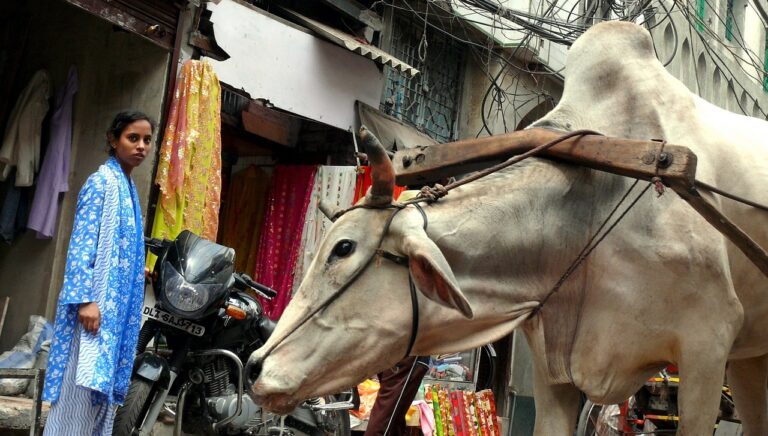The Role of Political Action Committees (PACs) in Election Financing
In the realm of election financing, political action committees (PACs) play a significant role in shaping the electoral landscape. These organizations are formed by various interest groups, corporations, labor unions, and individuals with the common goal of influencing elections through financial contributions.
One of the key players in election financing is the Super PAC, a type of PAC that can raise and spend unlimited amounts of money from corporations, unions, and individuals. Super PACs often run ads in support of a particular candidate or issue, making them powerful players in shaping public opinion during election seasons.
• Super PACs are not allowed to coordinate directly with candidates or political parties
• The Citizens United Supreme Court decision in 2010 paved the way for the creation of Super PACs
• Super PACs must disclose their donors and expenditures to the Federal Election Commission (FEC)
• Some critics argue that Super PACs have too much influence over elections due to their ability to raise unlimited funds.
Historical Origins of PACs
The concept of Political Action Committees (PACs) traces back to the early 1940s when labor unions and corporations sought ways to engage in political activities beyond traditional campaign contributions. As a response to regulatory limitations, these entities started forming separate entities to pool funds from their members for political purposes. This practice laid the foundation for what would later evolve into the PAC system we have today.
Over time, the legal framework surrounding PACs has undergone significant modifications to address issues related to transparency, accountability, and equity in political financing. The Federal Election Campaign Act of 1971, in particular, established guidelines for PACs, requiring them to disclose their financial activities and adhere to contribution limits. Subsequent amendments and court rulings have further shaped the role and operation of PACs in the political landscape, reflecting the ongoing efforts to balance the influence of money in elections.
Regulations Governing PACs
There are strict regulations in place governing the activities of Political Action Committees (PACs). These rules aim to ensure transparency and accountability in the financial contributions and expenditures made by PACs during political campaigns.
PACs are required to register with the Federal Election Commission (FEC) and adhere to contribution limits when funding candidates. Additionally, they must regularly report their financial activities to the FEC to maintain transparency and prevent any potential misuse of funds.
What is a PAC?
A PAC, or Political Action Committee, is an organization that raises and spends money to elect or defeat candidates.
Who can contribute to a PAC?
Individuals, corporations, labor unions, and other organizations can contribute to a PAC, but there are limits on how much they can donate.
What are the regulations governing PACs?
PACs are regulated by the Federal Election Commission (FEC) and must abide by strict reporting and disclosure requirements. They are also subject to contribution limits and restrictions on who they can accept money from.
Can PACs coordinate with candidates?
PACs are not allowed to coordinate their activities with candidates or political parties. They must operate independently to avoid violating campaign finance laws.
Are there limits on how much money a PAC can donate to a candidate?
Yes, there are limits on how much money a PAC can donate to a candidate. The limits vary depending on the type of election and the office being sought.
How do PACs influence elections?
PACs influence elections by raising money to support candidates who align with their interests and by running ads and campaigns to promote their preferred candidates or attack their opponents.







